FIVE ARTISTS WHO CHANGED THE WAY WE USE LYRICS IN HIP HOP
Nowadays Hip Hop involves many forms and creative outings. However, when you’d ask a random somebody on the streets, most would probably associate the current state of Hip Hop with club bangers and rhymes about excessive wealth, narcotics and seductive w. The evolution of Hip Hop into mainstream music – matter of fact, Hip Hop today is the most listened to genre in the world – has naturally caused for a regression of its song complexity (and some may argue quality) to adapt to the more general preferences of hundreds of millions of listeners. But we cannot forget that it was in fact lyricism that paved the way for the genre to become more accepted in the first place and eventually evolve to its current state, as a form of art. So let’s take a look at the 5 most lyrically influential MC’s of all time and how their work changed the Hip Hop game.
5. Jay-Z
He’s not just a businessman, he’s a business, man. Apart from being probably the most successful Hip Hop artist of all time (in terms of wealth accumulation it’s either him, Dre or Diddy), Jay-Z has published a great array of critically acclaimed lyrical masterpieces, that definitely changed the game for every rapper that co-existed in Jay’s prime or came ‘after’ (cause despite turning 50 this year, Hov is still dropping new hits on the regular).
Jay-Z might not be the best or most respected lyricist of all time, but he was the first to capitalize on that fine line between producing almost pop-like club anthems and still paying his lyrical dues to the street. This allowed him to earn millions of dollars off of his many mainstream hits, whilst still largely retaining the respect of real Hip Hop heads. Jay’s debut album Reasonable Doubt alone is by many considered a timeless lyrical masterpiece. And from there on, iconic tracks like ‘Dead Presidents” and ‘The Takeover’ (Jay’s attack on Nas in what would become one of the biggest beefs in Hip Hop history) all the way to recent bangers such as ‘Empire State of Mind’ and ‘The Story of OJ’ have all carried that distinct lyrical trademark that allowed Jay-Z to put himself in the sweet spot right between commercial appeal and keeping it real.
Despite his own work, Jay-Z has indirectly (insert list of new school rappers that mention Hov as their greatest inspiration here) as well as directly (Still D.R.E., anyone?) influenced the lyrics of many great Hip Hop songs we love and listen to today.
4. Kendrick Lamar
Alright, you probably think that Kung-fu Kenny’s body of work thus far is definitely dope, but way too light to be mentioned in the same list as some of the all-time lyrical greats. And for a kid that realistically just started out 8 years ago, I feel you. But ask yourself what would’ve happened to today’s mainstream lyrical rap, if Kendrick wouldn’t have had stepped up at a time where Lil Wayne was swinging the scepter? Kendrick Lamar made lyrically meaningful Hip Hop hot again, at a time where it could’ve very possibly died a silent dead in the midst of mumble rap. And that alone is why he should be on this list.
An extremely humble and likable guy, Kendrick – within the timespan of a few years – has built a fan base of many millions through his lyrically thoughtful and mellow, yet politically controversial music releases. Since then, he has used his rapidly built platform not only to inspire new-wave rappers to pay more attention to the complexity of their writing but also to give due respect to the West Coast Hip Hop legends and Hip Hop culture in general.
Lamar’s debut album Good Kid, M.A.A.D City, rides on g-funk beats as Kenny graphically describes growing up in the very same Compton where OG groups such as NWA find their roots. It features tracks with actual West Coast hard hitters to the likes of MC Eiht and Dr. Dre. But perhaps the moment everything really came together was when Kendrick Lamar got involved with the production of ‘Straight Outta Compton’, the motion picture narrating the lives of the former NWA members who Kenny, being some twenty years their minor, all together (R.I.P. Eazy-E) extensively interviewed about the evolution of West Coast Hip Hop as seen in the movie. While doing so he looked as humble as any young Hip Hop head who gets to meet his biggest idols for the first time would.
Apart from raising awareness for todays youth to relive the golden age of West Coast lyrical rap, Kendrick Lamar’s own lyrical work speaks for itself. His 12 minute ‘Sing About Me, I’m Dying Of Thirst’ paints a beautifully complex emotional letter to himself. Critically acclaimed sophomore album To Pimp A Butterfly as a whole is an awe-inspiring, self-conscious lyrical oath against racism, instead promoting self-love no matter what you look like. And Kenny might have even invented a whole new sub-genre of lyrical Hip Hop himself; a critical yet hilariously light-hearted style of rap that mocks everything wrong with modern American society, often accompanied by a banging beat, such is the case with a song like ‘HUMBLE’.
3. The Notorious B.I.G.
This one was a tough choice. When we think of the ’90s most extravagant Hip Hop artists, it’s always the same two names that pop up, namely those of Biggie and Pac. Both to this day have an immense fan base within the Hip Hop community, and both their styles are as different from each other as the East is from the West. But when asked who of the two had the better lyrics and flow, there’s probably always gonna be a (very) small majority vote in favor of the King of Brooklyn.
The consensus on Biggie’s impact on today’s Hip Hop is a very mixed and interesting one. Some say that Christopher Wallace was perhaps the best lyricist to ever touch the mic (especially flow-wise) and would turn around in his grave, when hearing the quality of today’s commercial rap lyrics. But others argue that it was actually Biggie himself who started a chain of effects that led to the state of a big part of today’s mainstream Hip Hop.
Before Biggie’s debut album Ready To Die dropped in 1994, the main picture East Coast MC’s were trying to portray in their lyrics, was that of the struggle to survive in some of the toughest neighborhoods in America. This style of mainly politically expressive rap had just started developing in the early ’90s and was very raw in its nature. When Biggie dropped Ready To Die in ’94, he took that same rawness, but left out the political topics and replaced that instead with the graphic presentation of a life filled with crime and riches. It left the whole Hip Hop genre in shock and would change the rules of the game forever. Ready To Die would become a major commercial success unprecedented to anything the genre had produced before that and Biggie launched himself into absolute superstar status, something that, for a rapper, was just as unusual at the time.
The Notorious B.I.G. was the first rapper to include sex, drugs and guns in his songs so prominently. In fact, he and P. Diddy built their whole brand around those lyrics. And when other artists found out that this formula proved to sell very successfully, they started to adopt it as well. Funny side fact to this is that the lifestyle Biggie portrayed in his lyrics, was probably for a good part made up. In what’s perhaps his most famous release ‘Juicy’, Big raps about living in a ‘one-room shack with no food on the table’ and having ‘no heat’. Christopher Wallace own mother however, dismissed these comments and mentioned how she raised her son in a regular brownstone home in Bed-Stuy, Brooklyn, where there was always food on the table. She also mentioned that Big actually went to a private middle school and was a straight-A student.
This too relates back to a lot of today’s rappers that portray very extravagant lifestyles in their lyrics, that are not necessarily true to reality. The persona, however, helps to sell music and express one better artistically, and Biggie was the first to prove that. Things done changed, or did they?
2. Rakim
Most rappers on this list influenced Hip Hop by changing the topic of their lyrics. But one artist changed the very structure of rap lyricism itself. By the end of the 1980s, Rakim and his DJ Eric B. dropped their album Paid In Full that reinvigorated the Hip Hop genre almost completely. Eric B introduced revolutionary sampled beats that would set the standard for all future producers to come, but most attention has to be paid (in full) to Rakim himself, who on tracks such as ‘I Ain’t No Joke’ showcased wordplay in a way that – up until the album’s release in 1987 – had never been done before. Rakim introduced internal rhyming schemes as opposed to the, at the time, industry-standard end rhymes, and thus changed the lyrical foundation of Hip Hop forever.
When Paid In Full initially dropped, critic’s reviews were mixed to say the best. Interestingly enough, some blamed the duo’s new style for lacking in energy and sounding bland when compared to the up until that point usually more fast and energetic vibes of other Hip Hop tracks. Since then opinions have definitely turned around and many critics will now argue that the album was in fact so far ahead of its time, that at its release critics couldn’t comprehend its value quite yet – as is usually the case with revolutionary works of art.
By the mid-nineties however, Paid In Full finally went platinum and it’s biggest critical recognition would come some years later in 2003, when the album was incorporated on Rolling Stone magazine’s 500 best albums of all time, coming in at number 228.
Rakim’s groundbreaking style of lyricism would influence literally every other noteworthy rapper’s style of wordplay who came after his entrance on the Hip Hop scene in ‘87. That includes any artist on your top 5 dead or alive lists and – indirectly – any new wave rapper you have ever heard of. It’s obviously no coincidence that almost any real Hip Hop head will tell you that Rakim should in fact be on those DOA lists and might even make a solid argument to be mentioned as the best rapper of all time. His body of work on the revolutionary Paid In Full speaks for itself, but also on later releases such as the masterfully lyrically crafted ‘When I Be On The Mic’ and ‘Guess Who’s Back’ Rakim has time and time again set higher bars for the genre to live up to, thus inspiring others to continue to develop their lyrics as well.
1. Nas
We like discussing the variety of rap vocabulary used by Hip Hop artists and the importance of the message that they send out. But when did we really start paying attention to rap lyricism, recognizing its potential to be an influential form of poetic art? Enter 1994, when Nas showed us the way by dropping his first album: Illmatic.
Illmatic as a whole is as illustrious as Nas is himself within the lyrical Hip Hop community. In the immensely complex discussion as to which Hip Hop album deserves to be called ‘best of all time’, Illmatic’s name is probably mentioned most often. The work kicked off an unreal career that took a seemingly ordinary 18-year-old kid from Queensbridge, New York, to go head to head with legends such as 2pac and Biggie, surviving the aftermath by emerging as the King of New York, after beating East Coast rival Jay-Z to the crown, all while continuing to develop an unmatched repertoire of lyrical Hip Hop art that captured the undisputed respect of the streets, brought him worldwide fame with fans in the genre and even garnished official recognition by institutions such as Harvard University.
But what is it exactly that made Nas’ delivery with Illmatic so special? Is it the harrowingly harsh reality of early 90’s project-life that Nas’ portrays with such clinical precision on ‘NY State Of Mind’? Could it be the all-capturing nostalgic throwbacks on ‘Memory Lane’ or the strongly poetic inspired letter to his prison homies in ‘One Love’? Maybe that’s the thing: that to this date even the most hardcore Nas fans can’t agree on which track or even tracks are the greatest on the album, since all of them are so deeply lyrically rooted and complex, that each on their own can be interpreted on many different levels.
There’s a ton of opinions on what made Illmatic, well… Illmatic. And that is exactly what brings us to the answer: it’s the fact that with Illmatic, Nas’ – for the first time in the history of the genre – created a work of true lyrical art that ignited debate and gave birth to different interpretations, just like real art does. By painting a masterfully detailed and diverse picture with his rhyming, As managed to give outsiders who had never even been to New York, an audible taste of what life in Queensbridge was like. And for each listener, that experience could be catered to their personal likings.
After his debut album – which many will agree on was, interestingly enough, also his best album – Nas went on to become the most successful lyrical rapper of all time. He built his career almost solely on the foundation of his lyrics. We can especially see that in the progression of his career: whenever the quality of his raps declined or simplified, his popularity went down the drain as well. Take Nas’ poetic talents away, and there is not much commercially appealing of his persona left. It makes it all the more impressive that the self-proclaimed ‘thug poet’ built an empire for himself by using just a pen and paper.
J. Cole in a tribute to the Queensbridge rapper put it like this: if Pac was like Jesus, Nas wrote the bible. Without Nas, we wouldn’t have thought about the possibilities of lyrical art within Hip Hop, at least not in the same way. It could very well be that, had it not been for Illmatic, we might have never even taken the effort to pay attention to the art behind rap lyrics in the first place. By rapping street poetry on Hip Hop beats, Nas first introduced and then endlessly expanded the possibilities of lyrical art creation in the genre for any artist to this date. And that, in the end, has allowed Hip Hop to grow into the infinitely diverse form of art it is today.
Honorable mentions
2pac
Of course, we can’t leave out the biggest and most controversial figure Hip Hop has ever known. But when we look at what made Pac so special and influenced many after him to come, it will always be his wildly extravagant persona over his lyrics. Nonetheless, he spread numerous important and revolutionary messages through his music. The question remains though if those lyrics would have meant as much if they weren’t driven by the bombastic energy that made Tupac so unique.
Big L
Sadly enough, we’ll never know what could’ve become of this legend. L was an absolute lyrical monster. In fact, listening back to his genius punchlines and insanely fast flow, he might’ve had the potential to become the meanest with words that Hip Hop would’ve ever known. But unfortunately, Big L died a way too premature death and got murdered over being mistaken for looking like his targeted brother. In contrast to Biggie or Pac, who most will agree died after already reaching their absolute prime, Big L had just started building his status in Hip Hop, still becoming more ferocious lyrically by the day. To know where his immense potential would’ve capped, that will forever remain a mystery. But his unfollowable street rhymes ultimately could’ve very well changed the entire nature of lyrical Hip Hop as we know it today.
Public Enemy
There’s no denying that Public Enemy’s introduction of heavy politically inspired rap initially shook up the genre just as much as did Biggie rapping about guns and women. In fact, it did change the genre as we know it today, cause new age rappers such as Kendrick Lamar and J. Cole do cover a wide range of politically sensitive topics. However, the real hardcore political topics that Public Enemy rapped about, went underground quickly after their golden age in the early nineties ended and are, sadly enough, practically non-existent in modern commercial rap.
Eminem
Self-ridiculing and light-hearted rap are as old as the Hip Hop genre itself. But it wasn’t until Eminem started making noise, that things became really crazy. Em introduced a wide range of highly controversial, disgusting and just plain out absurd topics in his lyrics. That did give birth to the success of modern-day rappers such as Lil Yachty and Hopsin – who both are major fans by the way. But all in all nobody after Marshal Matters could really pull the crazy trick off, without being labeled as corny, and even Em himself turned kind off serious, a few albums into his legendary career.
Wu-Tang Clan
Of course, the Wu makes a valid bid to be considered perhaps the most influential rap group of all time. But although their Kung-Fu inspired lyrics definitely left the Hip Hop world in absolute surprise when first released, all in all it was style over lyrical substance that would define Wu-Tang’s ongoing span of success. The Clan from the start paid a substantial amount of attention to their unique brand image, which was what really separated them from any other group at the time and influenced modern-day equivalents such as Odd Future or A$AP the most.
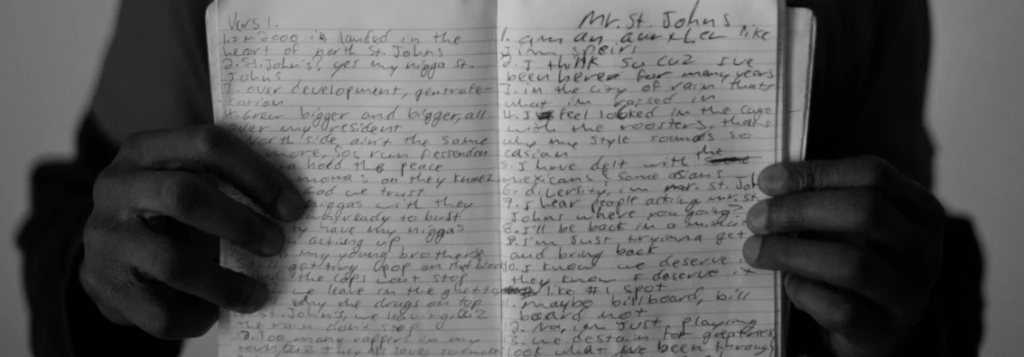
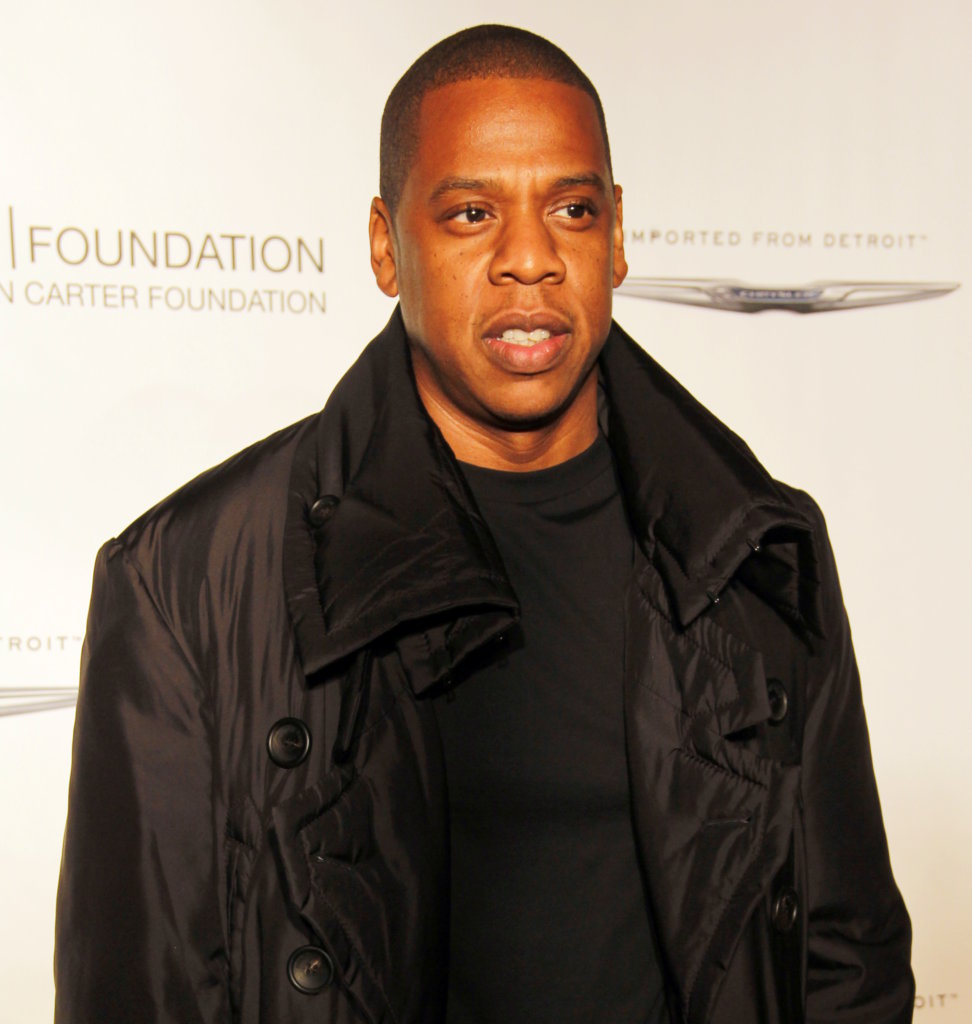
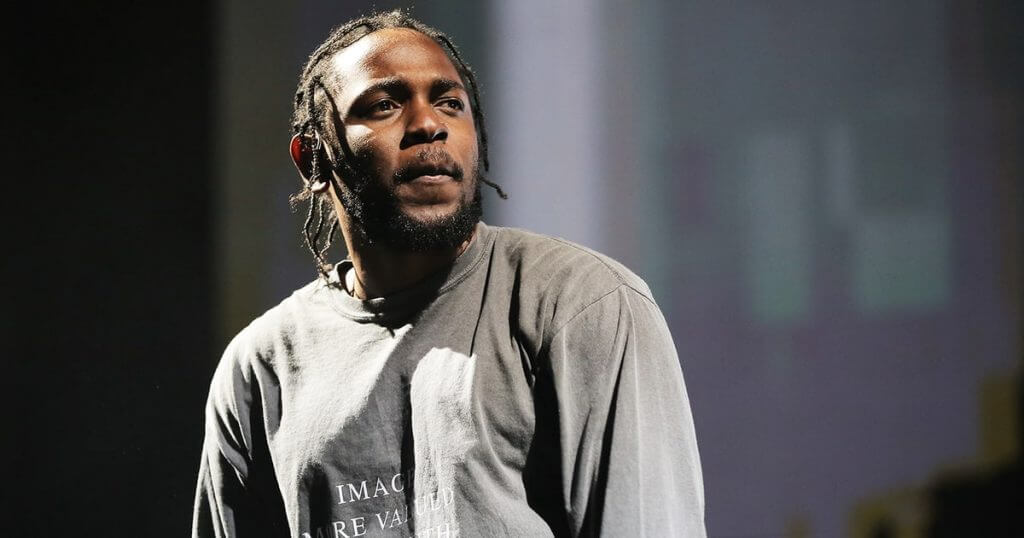
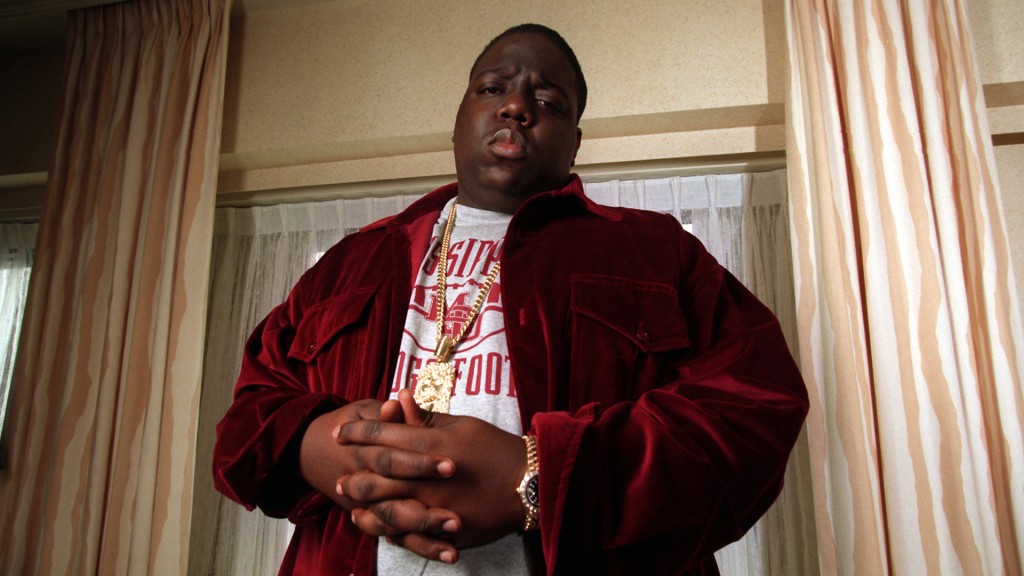
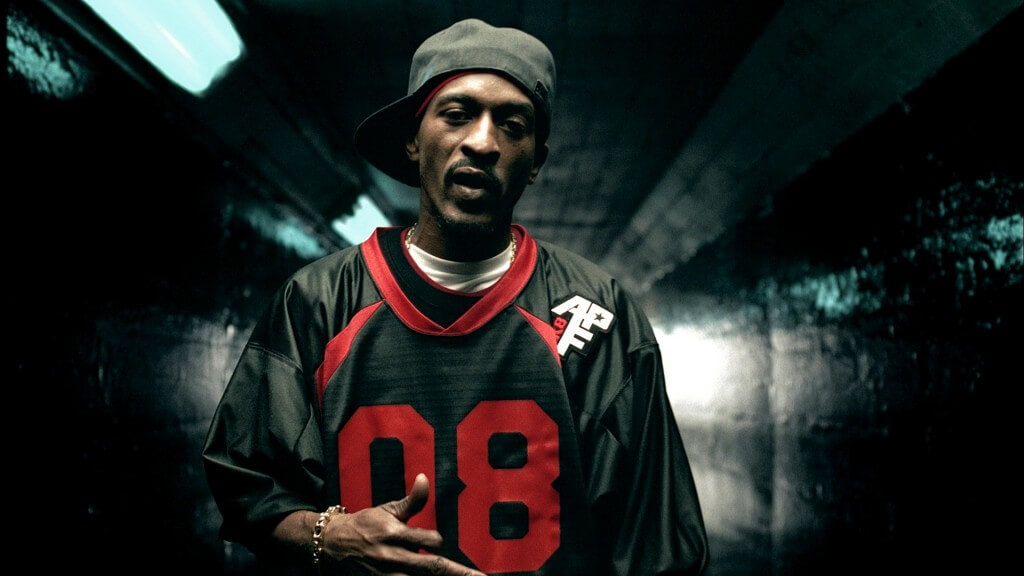
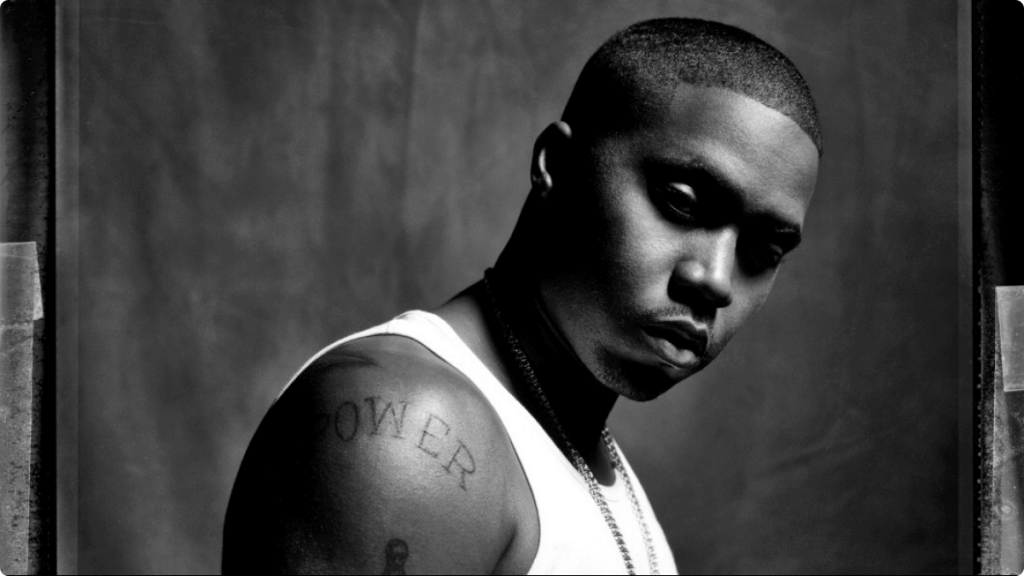
You forgot KRS-ONE AND WU-TANG CLAN AND ALOT MORE OVER 5,4 AND3